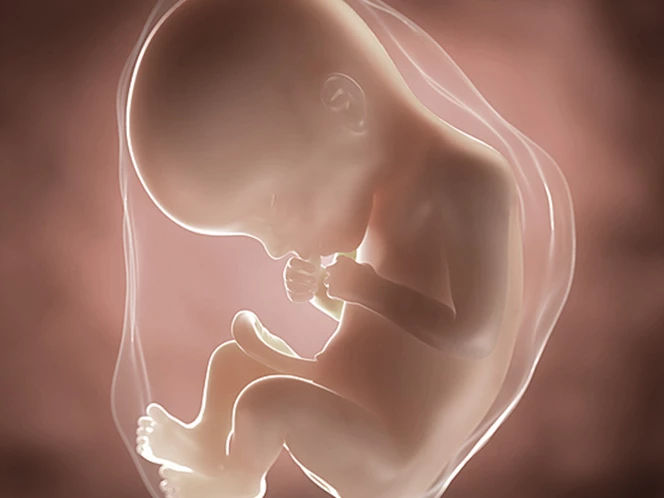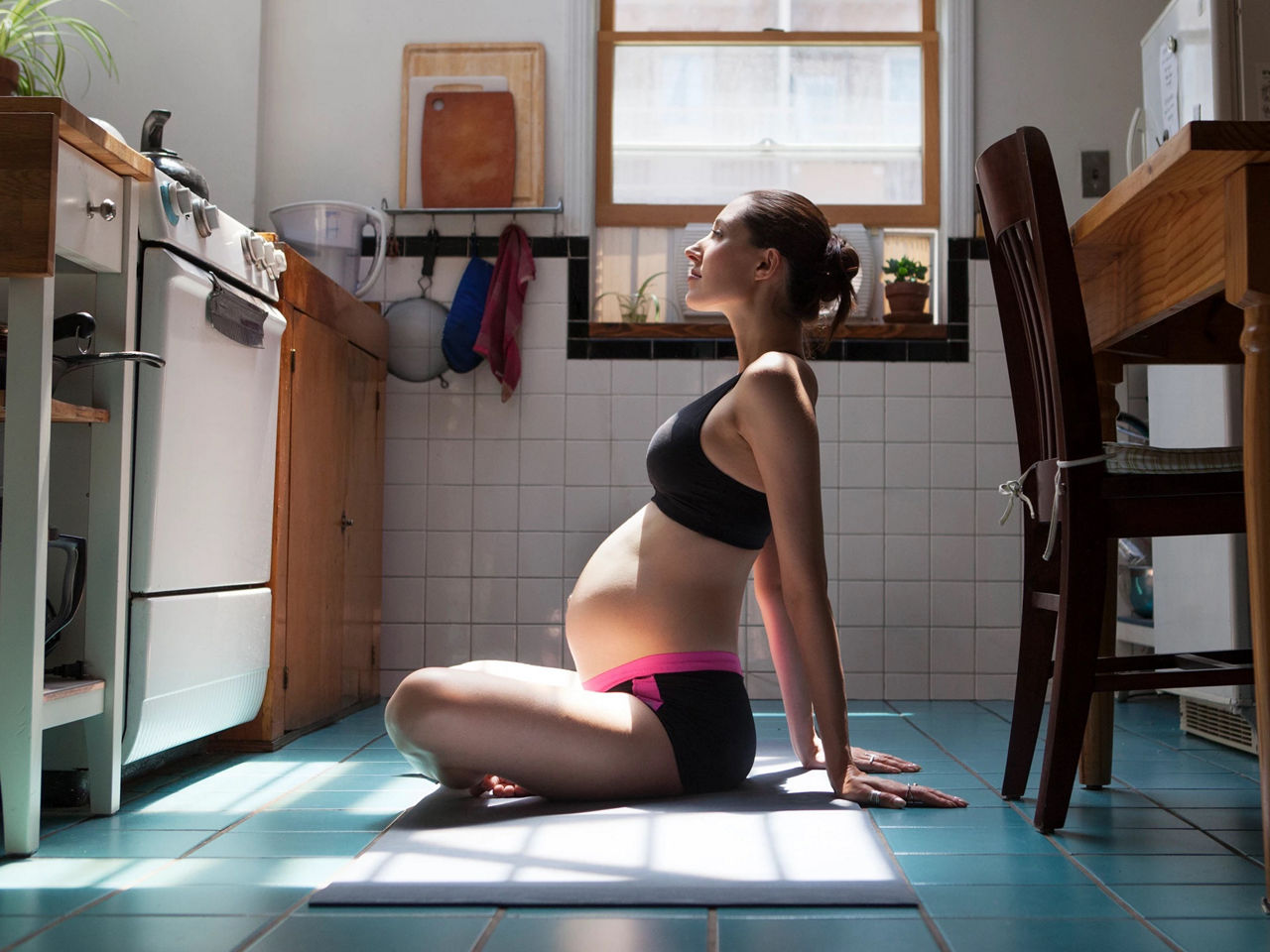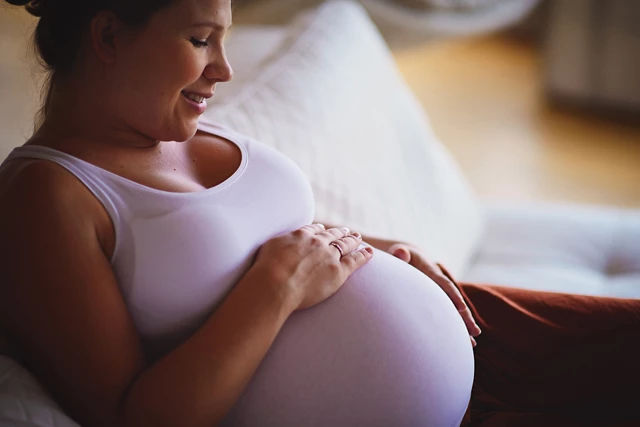In week 22 of pregnancy, your baby will measure roughly 20cm from head to bottom (roughly the size of a coconut) and weigh around 450g.
Your voice is the clearest thing he or she will hear during pregnancy1. Soon, your baby will start responding with sophisticated orienting movements1. Your baby is also beginning to make out other sounds, rhythms and melodies2,3. This is a good time to start talking to and, if feel like it, singing to your baby. Studies have shown that, just hours after birth, babies show a preference for their mother’s voice1.
The other sense that’s developing is taste4. Your diet can influence what your baby will eat when born, so it’s best to avoid passing on a taste for junk food. Tuck into plenty of fresh veg that’s rich in vitamin C.







